Policy research is part of a gradual process of gaining knowledge, skills and policy experience in Internet governance. By immersing our policy research in the local dynamics of developing countries, we have recognised the risk inherent in this lack of synchronisation between academic research and local policy dynamics. Policy research needs to take into consideration local political, economic, cultural, and professional contexts. The same Internet services trigger different policy issues in different countries. Although participants have started addressing local concerns, their research is anchored in broader regional and global contexts. They have identified common patterns between their own countries and other countries in addressing Internet policy issues.
Contents:
- FULL TEXT: Book of Abstracts
- Sandra Bart, Guyana – Electronic government equals sustainable development for Guyana
- Alexandra Vasile, Romania – Introducing child safety in Romanian Schools: Does the existing primary and secondary curriculum address online safety?
- Alexandre Hannud Abdo, Brazil – How effective is direct remote interaction in EuroDIG?
- Natalia Enciso Benitez, Paraguay – Data protection on the Internet and its lack of regulation in Paraguay: adequate regulation for call centres
- Fahd Batayneh, Jordan – International domain names from a multilingualism and security perspective
- Rumbidzayi Gadhula, Zimbabwe – Internet governance and service provision in Zimbabwe
- Eliot Nsega, Uganda – The use of ICT in human rights promotion: A case study of the African Commission on Human and Peoples’ Rights
- Felix Samakande, Zimbabwe – Exploring the need for speed in deploying information and communications technology for international development and bridging the digital divide
- Fitahiana Zoniaina Rakotomalala, Madagascar – For an effective taxation of electronic commerce in Madagascar
- Sam Goundar, Fiji – Cloud computing: Opportunities and issues for developing countries
- Shareeni Kala, Fiji – E-learning at Fiji National University
- Keisha Taylor, Trinidad and Tobago – Inter-governmental organisations sharing and linking open and real-time data for inclusive governance: development effectiveness and protection of privacy and security
- Arzak Khan, Pakistan – Factors influencing broadband adoption and digital content consumption in developing countries: A case from Pakistan
- Tiwonge Davis Manda, Malawi – Maturity of cybersecurity initiatives in Malawi: A comparison with the drive for fast and ubiquitous Internet connectivity
- Rajendra Prasad Poudel, Nepal – Access of ICT benefits for underserved rural communities in developing countries: A case study from Nepal
- Karim Attoumani Mohamed, Comoros – Evaluation of the status of the e-government in Comoros, French version: Evaluation du statut de l’E-Gouvernement en Union des Comores
- Nnenna Nwakanma, Cote dʼIvoire – Social media and networks: what potential is there for policy engagement by citizens in West Africa?
- Maduka Kingsley Attamah, Nigeria – Bandwidth management: the public policy approach in a university campus network
- Masa Kojic, Serbia – How safe are we? Security risks of the social networks
- Benson Ncube, Botswana – Adoption and adaptation of e-health systems for developing nations: The case of Botswana
- Salanieta Tamanikaiwaimaro, Fiji – Cybersecurity in the Republic of Fiji
- Alimata Belemou, Burkina Faso – Comment adapter le code du travail burkinab pour qu’il rponde aux exigences du travail distance
You may also be interested in
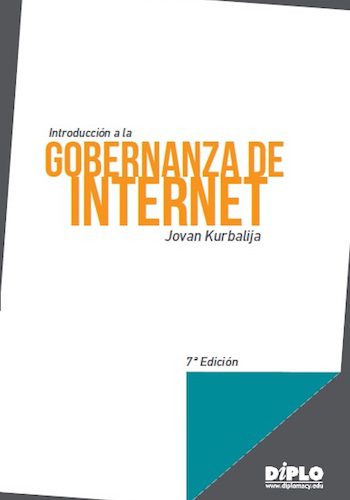
Introducción a la Gobernanza de Internet
Aunque la gobernanza de Internet trata de los fundamentos del mundo digital, la gobernanza no puede manejarse con la lógica digital binaria de lo verdadero o lo falso, lo bueno o lo malo. En cambio, el sujeto exige muchas sutilezas y sombras de significado y percepción, requiriendo un enfoque analógico, cubriendo un continuo de opciones y compromisos. El objetivo del libro Introducción a la Gobernanza de Internet, del Dr Jovan Kurbalija, es proporcionar una visión general de los principales temas y actores en el campo a través de un marco práctico para el análisis, discusión, y resolu...
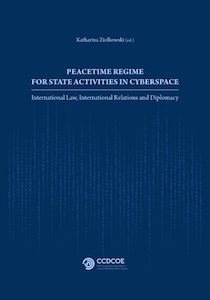
Peacetime Regime for State Activities in Cyberspace
The publication covers in a multi-disciplinary approach the technical, legal, policy and diplomacy aspects of State activities in cyberspace during peacetime. It consists of 23 chapters of academic nature, elaborated by 24 authors specialised in the respective areas of expertise. Diplo's Dr Jovan Kurbalija contributed the chapter on E-diplomacy and Diplomatic Law in the Internet Era.
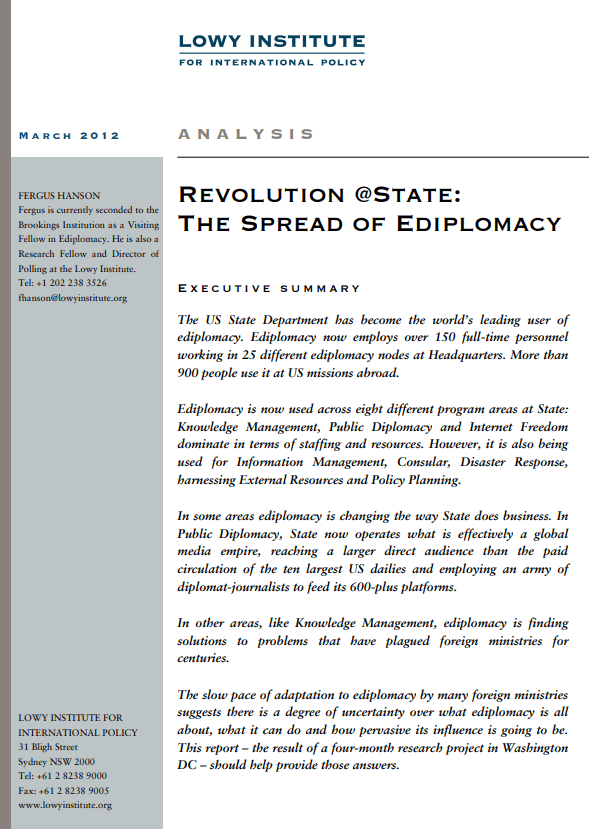
Revolution @State: The Spread of E-diplomacy
The text text explores the phenomenon of e-diplomacy, analysing its impact on modern diplomacy and the ways in which digital technologies are reshaping diplomatic practices and communication strategies at the state level.
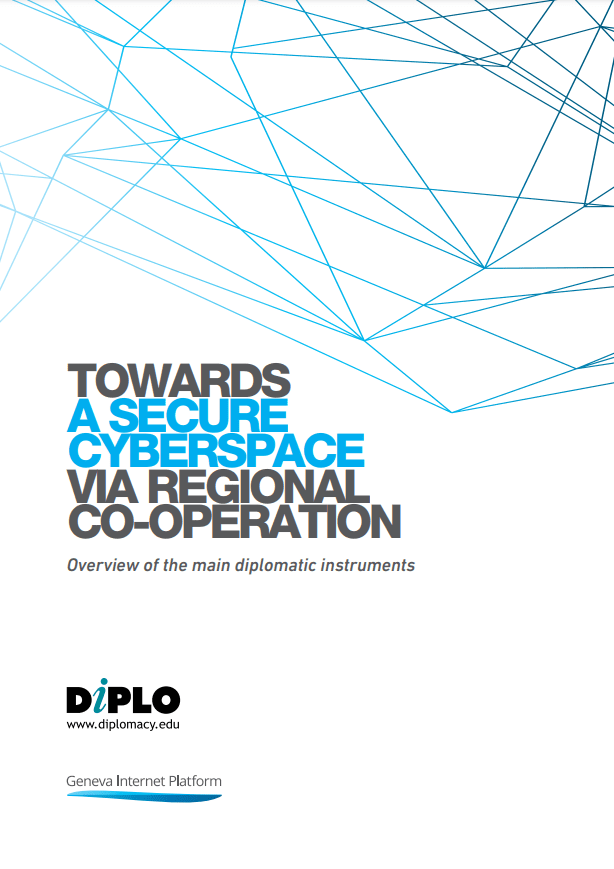
Towards a secure cyberspace via regional co-operation
The study Towards a secure cyberspace via regional co-operation provides an overview of the international dialogue on establishing norms of state behaviour and confidence-building measures in cyberspace.
German Strategy for International Digital Policy
The German government's Strategy for International Digital Policy outlines their commitment to safeguarding democracy and freedom online, promoting human rights, advocating for a global, open, free, and secure internet, enhancing technology partnerships, supporting cross-border data flows, shaping international standards, ensuring sustainable and resilient digital societies, and utilizing digitalization to address global challenges. This strategy aligns with various policy goals and emphasizes the importance of cooperation at global, regional, and national levels to advance digital governance,...

Trends in Diplomatic Communication: A Case Study of Uganda
The aim of this research was to examine the communication trends in diplomacy with a focus on Uganda.
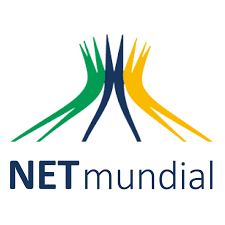
NETmundial Multistakeholder Statement
The NETmundial Multistakeholder Statement emphasizes the importance of a collaborative approach between stakeholders in addressing Internet governance issues. It highlights principles such as human rights, open standards, and transparent processes as key foundations for managing the Internet. The statement calls for shared responsibility, inclusivity, and diversity in decision-making processes to ensure a free, open, and secure cyberspace for all.

Exploring the need for speed in deploying information and communications technology for international development and bridging the digital divide
This paper comes on the eve of the millennium development goals deadline of 2015 which acknowledges ICT as the enabler for speeding towards the finish line. The quest is to explore whether we are all speeding towards a clearly defined goal, given our varied capacities and affinities.

Emerging Leaders for a Digital World (2011): Dalsie Greenrose Kalna Baniala from Vanuatu
‘With the number of training courses I have attended, including attending the Internet Governance Forum (IGF), I have learnt a lot.’
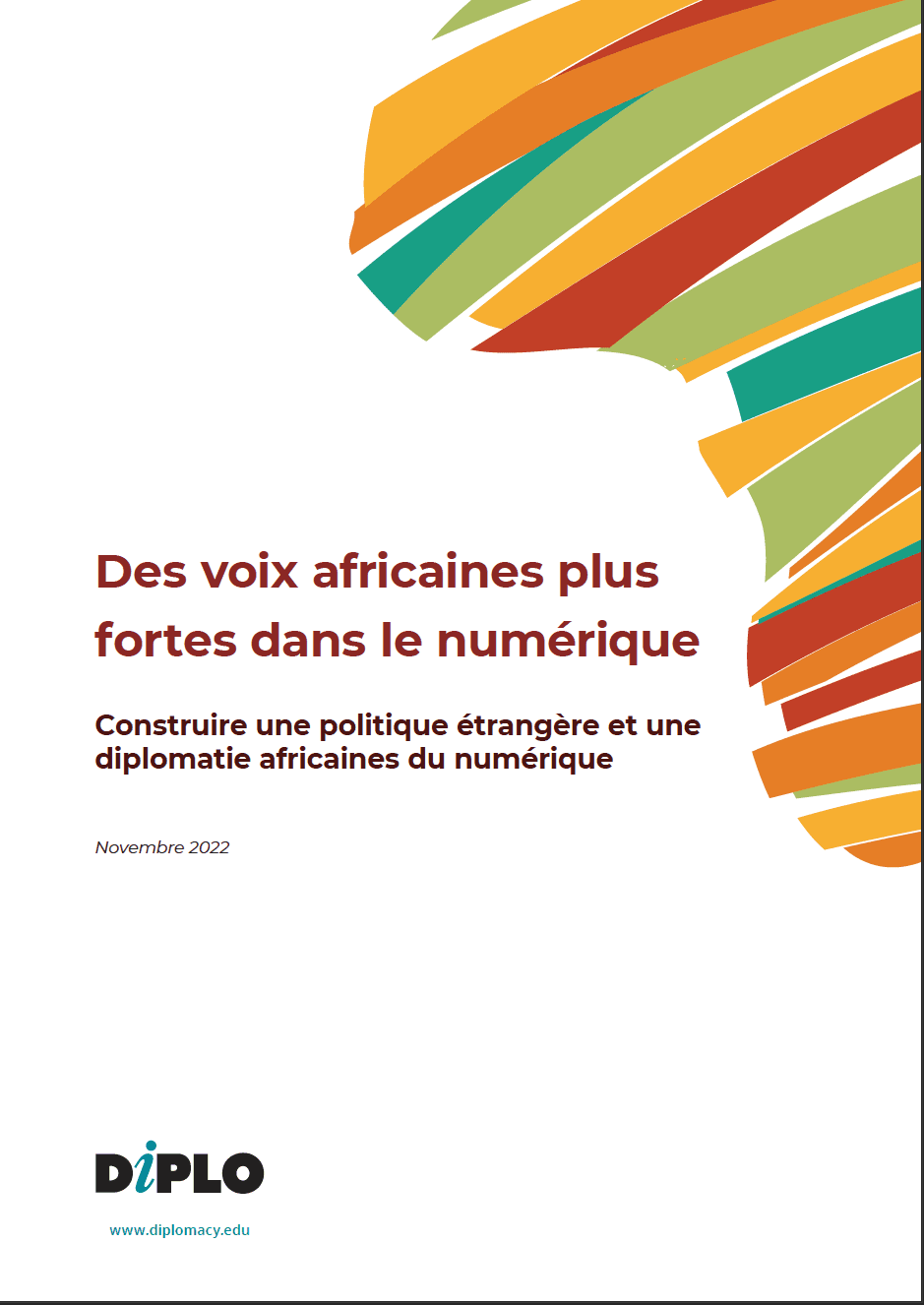
Rapport: Des voix africaines plus fortes dans le numérique : construire une politique étrangère et une diplomatie africaines du numérique
À mesure que le dynamisme numérique de l'Afrique s'accroît, sa participation à la politique numérique mondiale doit augmenter. Dans cette transition, les pays africains doivent composer avec les réalités géopolitiques de notre époque.
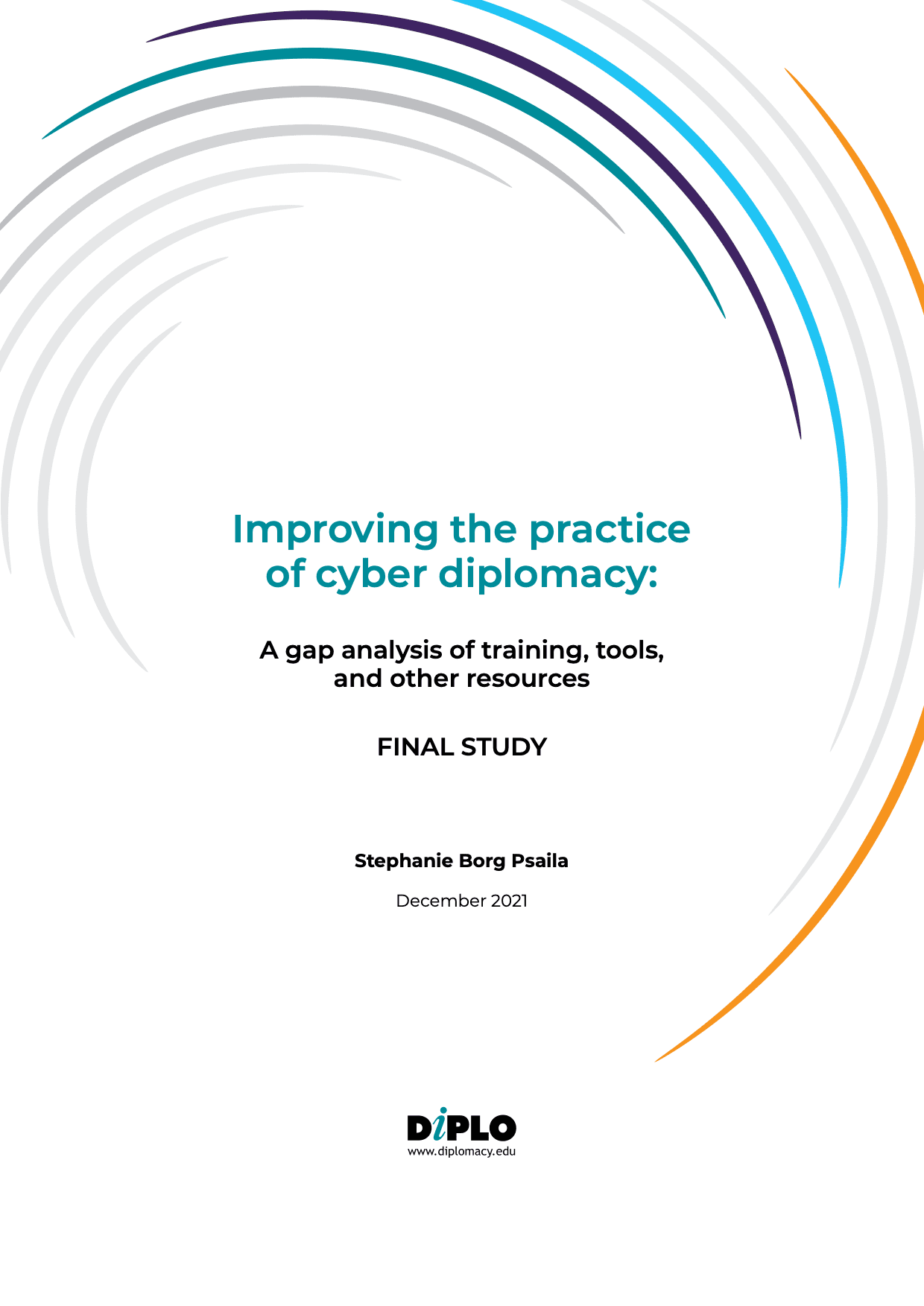
Improving the practice of cyber diplomacy: Training, tools, and other resources – Final study
This study analyses the capacity development of cyber diplomacy, including training opportunities, tools, and other resources, and looks at their reach, take-up, and what should come next. Why? Because although cyber diplomacy, the conduct of diplomacy with respect to a state’s interests in cyberspace, is too important to ignore, the participation of countries is far from ideal.
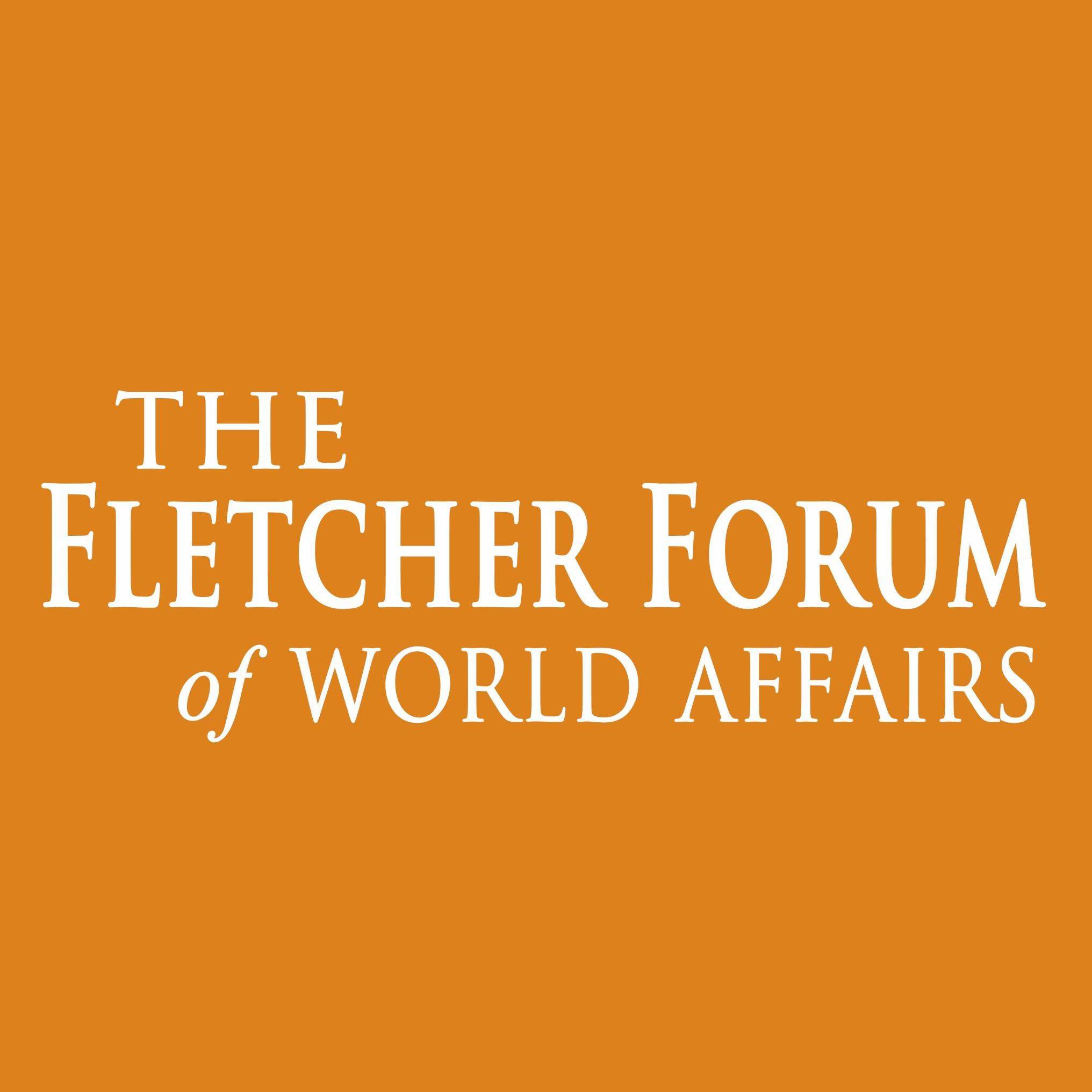
Public diplomacy at the crossroads: Definitions and challenges in an ‘Open Source’ era
The text discusses the current state of public diplomacy and its challenges in an era of open source information.

A Declaration of the Independence of Cyberspace
A declaration of independence for cyberspace, asserting that traditional governments have no authority over this virtual realm. Barlow believes that cyberspace should be free from external regulation and should be governed by the individuals who inhabit it.
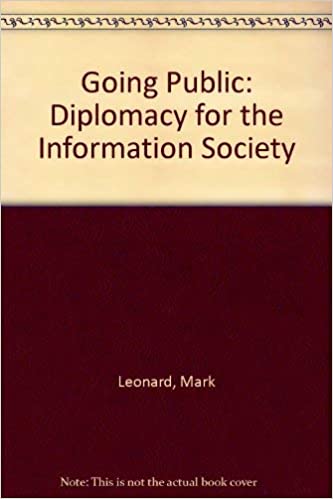
Going Public: Diplomacy for the Information Society
The text is about the importance of public diplomacy in the Information Society.

Crossing the Executive Digital Divide
Information and communications technologies (ICT) have become critical in business, government, manufacturing, critical infrastructures, academia, and, literally, everywhere else, and yet, despite the large sums of money involved, ICT remains the least well understood function in an organization.
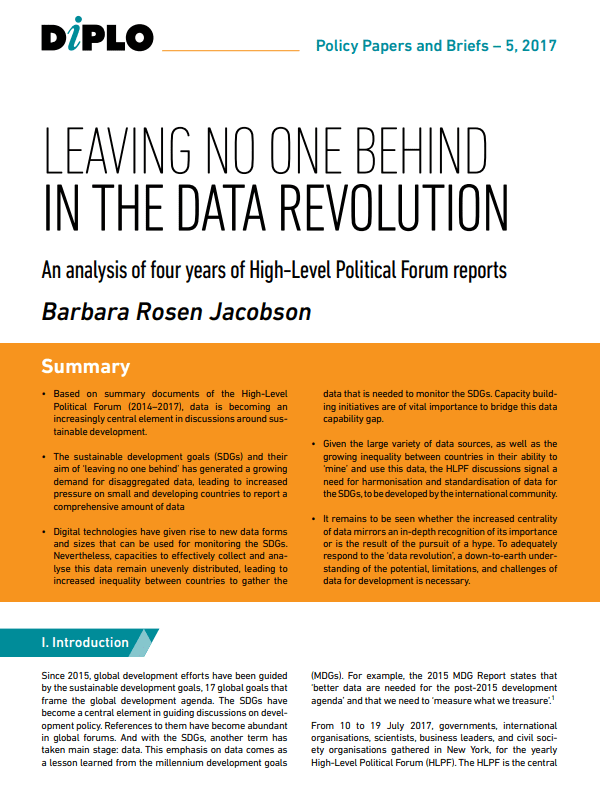
Leaving No One Behind in the Data Revolution (Briefing Paper #5)
The text offers policy recommendations and insights on cybersecurity, focusing on building resilience, fostering cooperation, and addressing challenges in the digital domain.
Understanding the Digital Divide
The digital divide refers to inequalities in access to and usage of technology. Factors such as income, education, geography, and age can contribute to this gap. Bridging this divide is crucial for ensuring equal opportunities for all individuals in today's technologically-driven world.

Digital diplomacy in the theory and practice of 21st century diplomacy
The book explores how digital diplomacy has transformed international relations by enabling real-time communication, fostering global engagement, and presenting both unprecedented opportunities and critical challenges for states and organizations alike.

International cyber security diplomatic negotiations: Role of Africa in inter-regional cooperation for a global approach on the security and stability of cyberspace
This research paper examines African countries cybersecurity readiness and how Africa can play a role in shaping international negotiations and discussions on global cybersecurity governance.
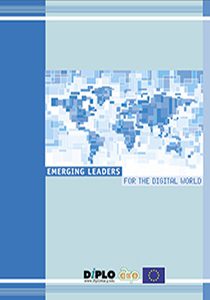
Emerging Leaders for the Digital World
Emerging leaders, whose stories feature in this publication, are among 501 participants from 60 ACP countries who participated in the Capacity Development programme in ICT Policy and Internet Governance for Africa Caribbean and Pacific (ACP) 2010/2011.
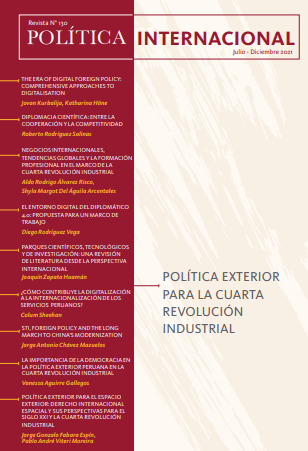
The era of digital foreign policy: Comprehensive approaches to digitalisation
As the theme of this issue, ‘foreign policy for the 4th industrial revolution’, suggests, diplomats and foreign ministries are faced with tremendous changes brought about by digitalisation. The ability to respond to these changes appropriately and effectively determines the future prosperity of countries. Foreign policy is already digital in many ways - including its tools and the topics on bilateral and multilateral agendas. In this article, we introduce the idea of ‘digital foreign policy’ as a comprehensive way of responding to the challenges of digitalisation and the 4th industr...
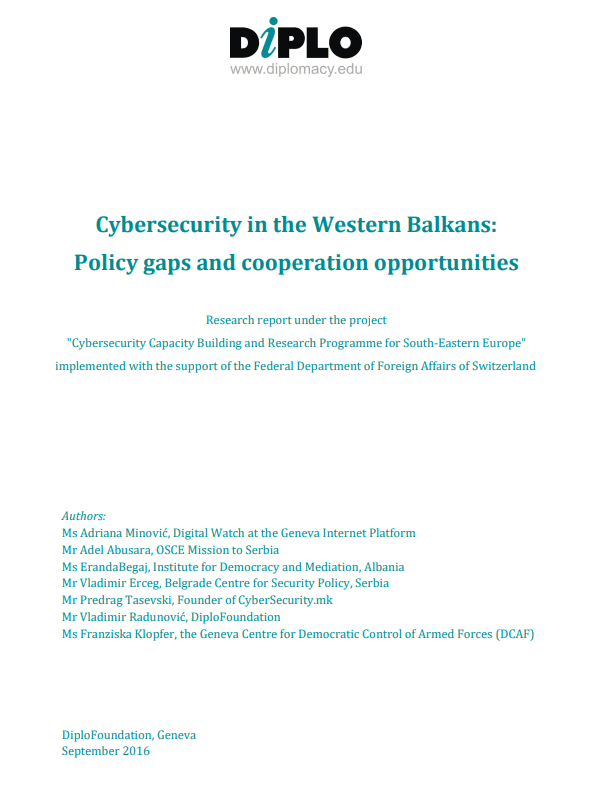
Cybersecurity in the Western Balkans: Policy gaps and cooperation opportunities
Report on cybersecurity cooperation in the Western Balkans.

Virtual Diplomacy: Diplomacy of the Digital Age
Olesya Grech investigates the impact of information and communication technologies on the conduct of modern diplomacy.

The use of ICT in human rights promotion: A case study of the African Commission on Human and Peoples’ Rights
The paper seeks to render a critical analysis that will lead and co-ordinate a programme of promotional work across the region, including the integration of ICT strategies in its promotional work.
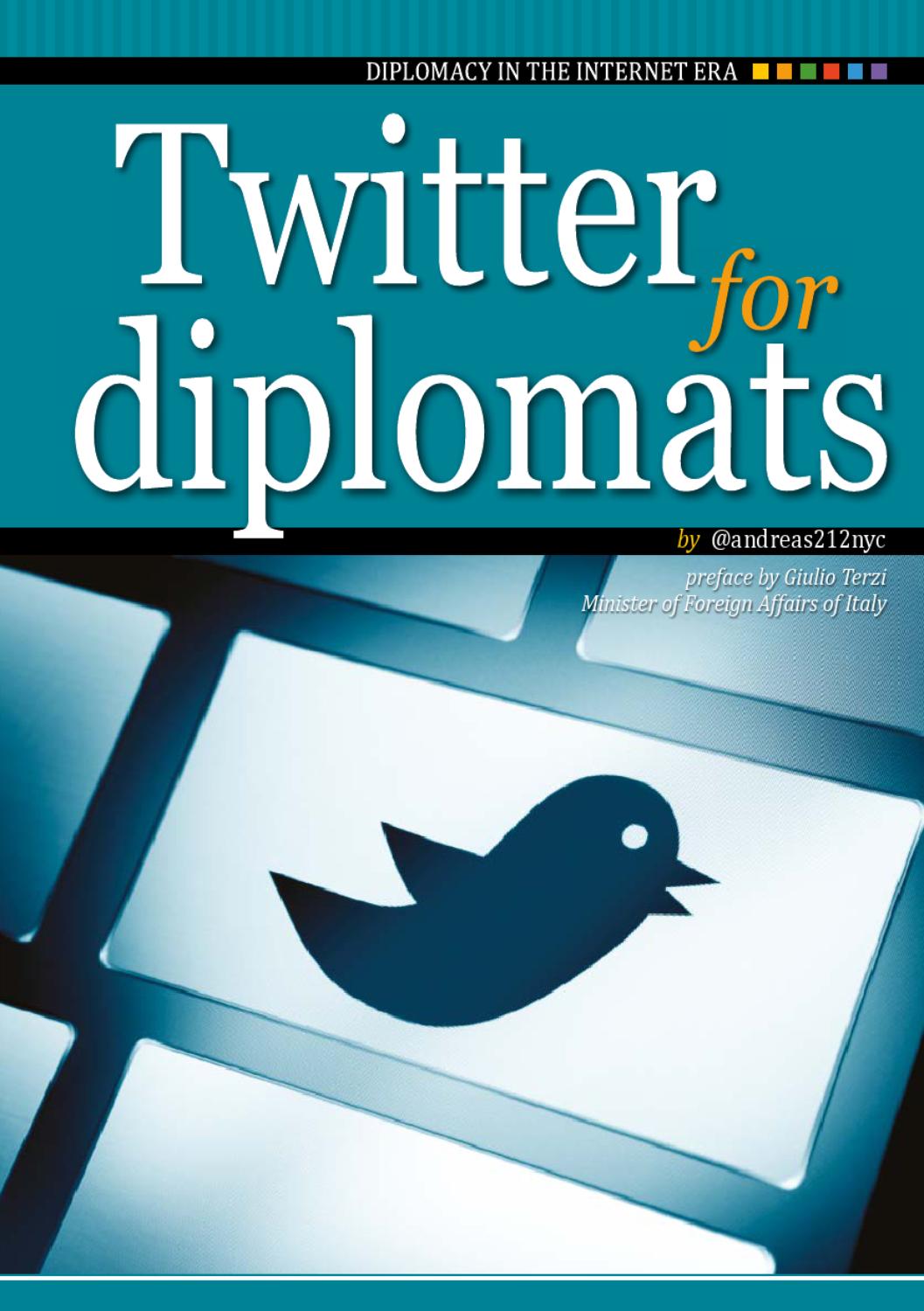
Diplomats on Twitter: The good, the bad and the ugly
The article discusses how diplomats are using Twitter, highlighting both the positive and negative aspects of their presence on the platform.

Information and communications technologies for development
The text discusses the role of information and communications technologies (ICTs) in development.
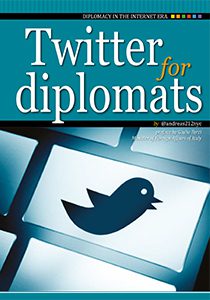
Twitter for Diplomats
Twitter for Diplomats is not a manual, or a list of what to do or not to do. It is rather a collection of information, anecdotes, and experiences. It recounts a few episodes involving foreign ministers and ambassadors, as well as their ways of interacting with the tool and exploring its great potential. It wants to inspire ambassadors and diplomats to open and nurture their accounts – and it wants to inspire all of us to use Twitter to also listen and open our minds.

Wikileaks and the Future of Diplomacy: Summary and Reflections
In 2011, Diplo have held a series of meetings discussing the impact of WikiLeaks on diplomacy. This paper summarises the main conclusions of our discussions and research. It is close enough in time (3+ months) to understand the emotions, dynamics, and concerns raised by WikiLeaks. It is also far enough – in particular since the media hype has died down – in order to be discussed objectively with a necessary distance.
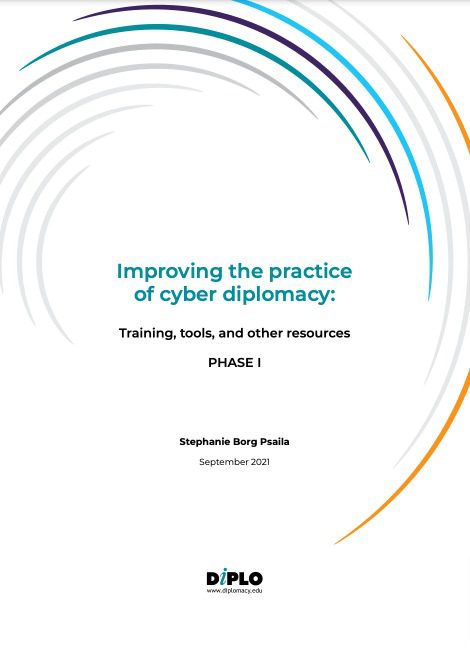
Improving the practice of cyber diplomacy: Training, tools, and other resources – Phase I
Cyber diplomacy, the conduct of diplomacy with respect to a state’s interests in cyberspace, is too important to ignore. Yet, the participation of countries is far from ideal.
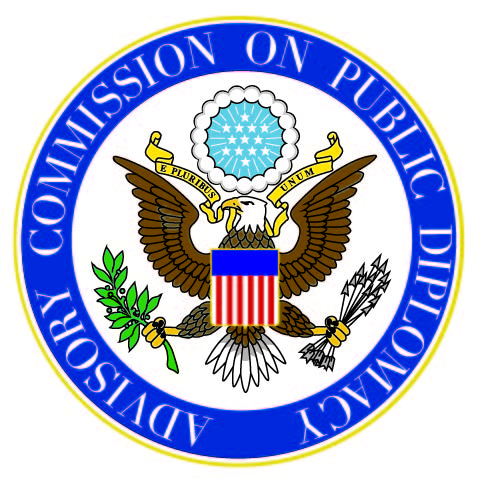
Data-driven Public Diplomacy: Progress Towards Measuring the Impact of Public Diplomacy and International Broadcasting Activities
The text discusses the progress made in measuring the impact of public diplomacy and international broadcasting activities.
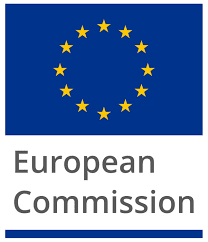
Net neutrality in Europe
The European Union upholds net neutrality, ensuring that all internet traffic is treated equally, without discrimination or interference from internet service providers. This regulation protects consumers' rights to access online content freely and without limitations set by providers.
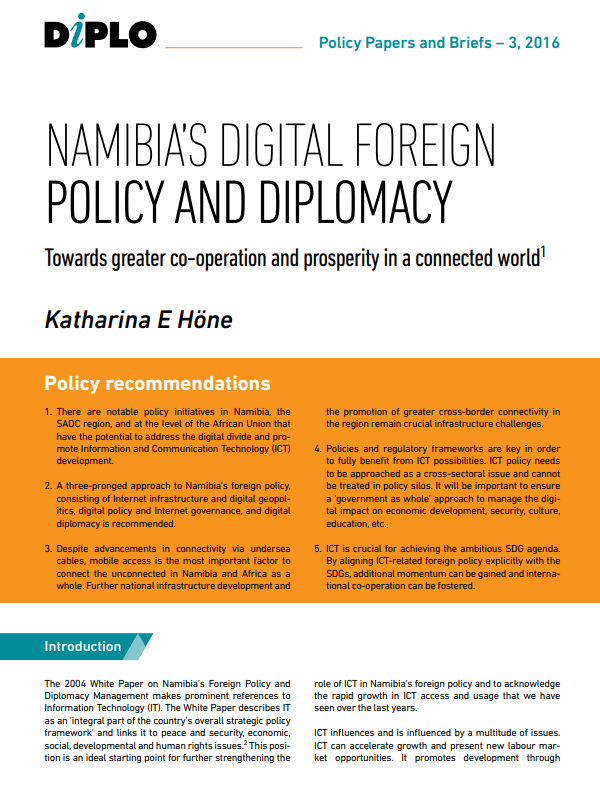
Namibia’s Digital Foreign Policy and Diplomacy (Briefing Paper #3)
This briefing paper emerged from Diplo's participation in Namibia's Foreign Policy Review Conference (July 2016). In this paper, Dr Katharina E. Höne suggests a three-pronged approach to Namibia's digital foreign policy and diplomacy, and looks at the discourse on information and communications technology (ICT) and development.
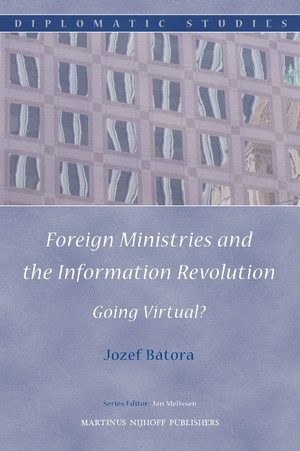
Foreign Ministries and the Information Revolution: Going Virtual?
The ongoing information revolution is perceived as a profound organizational challenge for foreign ministries. Yet there is only scant empirical evidence on the nature of the change dynamics. Anchored in new institutionalist approaches in political science, this book reconceptualizes diplomacy as an institution of the modern state order and identifies its key organizing principles maintained by the global group of foreign ministries. With this conceptualization as a point of departure, the book provides a comparative analysis of information technology effects in the foreign ministries of Canad...
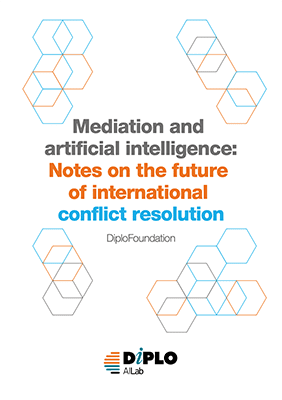
Mediation and artificial intelligence: Notes on the future of international conflict resolution
Over the last years AI has emerged as a hot topic with regard to its impact on our political, social, and economic lives.
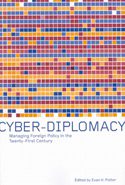
Cyber-diplomacy: Managing Foreign Policy in the Twenty-first Century
Cyber-diplomacy: Managing Foreign Policy in the Twenty-first Century" discusses the importance of digital diplomacy in modern international relations. It explores how governments can leverage technology to engage with other countries, protect national interests, and navigate cyber threats effectively. This book offers insights into how cyber-diplomacy is reshaping traditional diplomatic practices and the key role it plays in shaping foreign policy in the digital age.
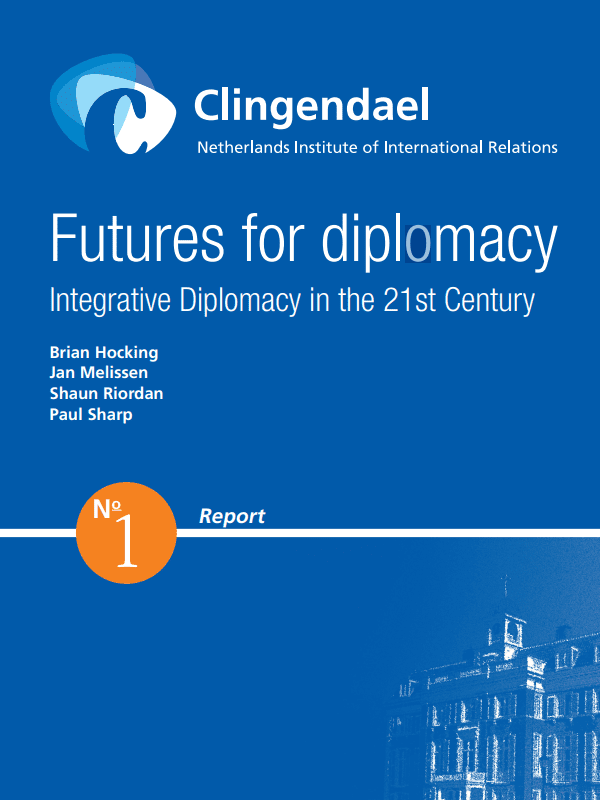
Futures for diplomacy: Integrative Diplomacy in the 21st Century
The text discusses Integrative Diplomacy in the 21st century, emphasizing the importance of adapting traditional diplomacy to current global challenges and opportunities. Diplomacy is viewed as a tool for addressing complex issues through collaboration and integration, fostering mutual understanding and sustainable solutions. The changing dynamics of international relations require a more inclusive and interconnected approach, focusing on partnerships and cooperation in order to navigate the complexities of the contemporary world. Diplomacy is seen as essential in shaping the future of global ...
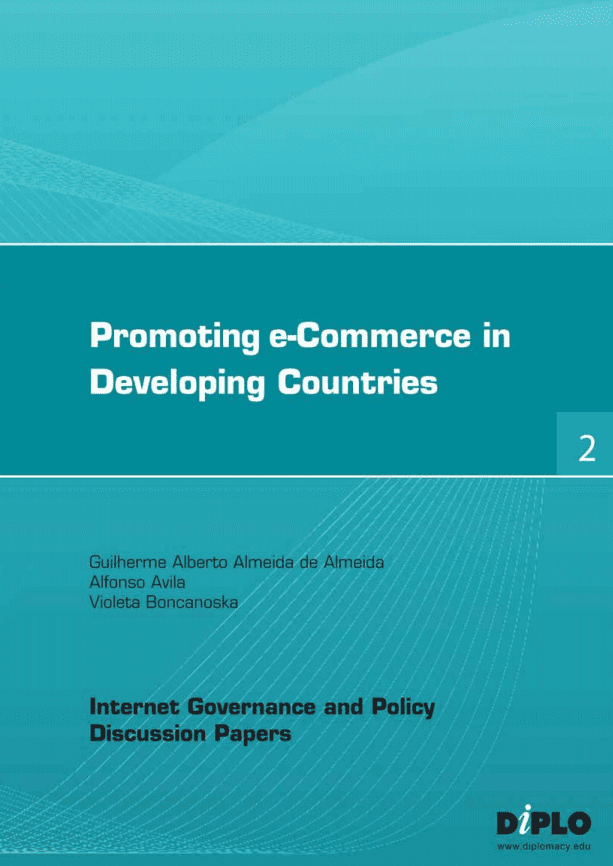
Promoting e-Commerce in developing countries
This study examines the advantages and possibilities for the use of digital signatures to carry out electronic transactions. It focuses on developing and transition countries that have not fully implemented the use of digital signatures in their economic, commercial and productive processes. An important aim of this research is to create awareness on the likely effects for enforcing the use of digital signatures to carry out e-commerce transactions on the economies of developing and transition countries. The study also proposes key issues to be considered for policy-makers in countries in orde...
Journal of Moral Theology, Vol. 11, Special Issue no. 1, Spring 2022, “Artificial Intelligence”
Journal of Moral Theology dedicated special issue on 'artificial intelligence'.
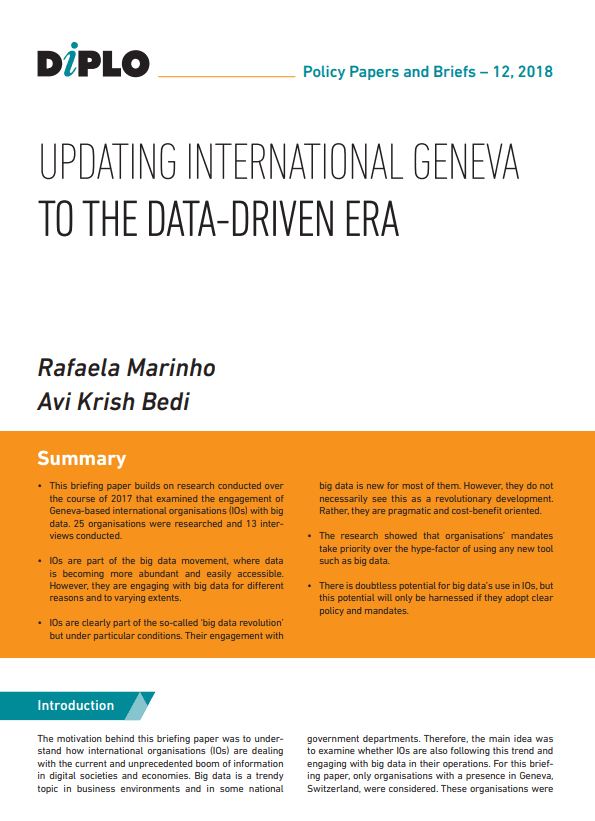
Updating International Geneva to the Data-driven Era (Briefing Paper #12)
In this briefing paper, Ms Rafaela Marinho and Mr Avi Krish Bedi outline their research on how international organisations (IOs) in Geneva address and use big data in their work.

The waning of the state and the waxing of cyberworld
This paper discusses whether IT is functioning mainly as an instrument of states in their quest for power and wealth or is principally operating as a transformative agent by market forces and various sectors of civil society.

From a Safer Internet to a Better Internet for Kids
The text is about transitioning from a safer internet to a better internet for kids.
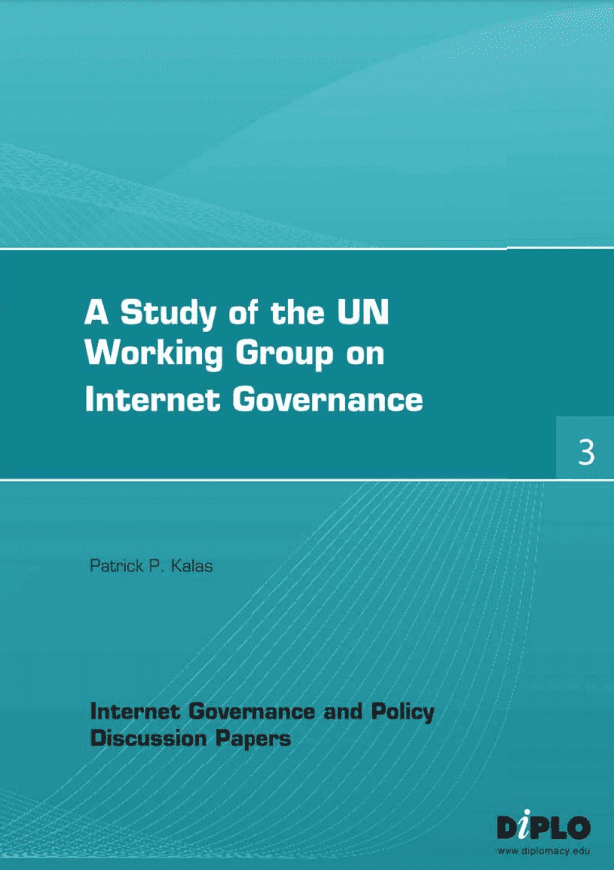
A study of the UN Working Group on IG – MSP in communication technology for development at the global level
The paper aims to identify best practices and lessons learned in multi-stakeholder partnership (MSP) practices at the global policy level through a participatory methodology based on interviews and an online electronic survey.
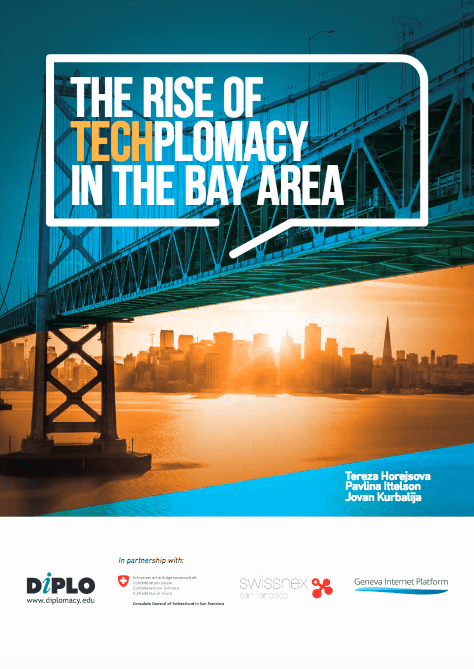
The Rise of TechPlomacy in the Bay area
Tech diplomacy is becoming a necessity for countries worldwide. Countries need to capture the nexus between technology innovation and economic developments. To be effectively present in the Bay Area, countries need to use innovative diplomatic approaches. This report discusses how tech diplomacy can be developed, and more specifically, how countries approach the Bay Area tech industry.

International multistakeholder cyber threat information sharing regimes: Policy considerations for scaling trust and active participation
This paper examines cybersecurity information sharing mechanisms. It looks at the research into public-private partnership (PPP) theory, their application for cybersecurity, and the burgeoning field of international cybersecurity collaboration, and draws conclusions on what policy elements are needed to foster success in architecting a platform for cybersecurity information sharing on a large scale. The paper surveys existing information sharing regimes and the policy objectives they attempt to reach, including capacity building, standardized languages for information sharing, liability prote...
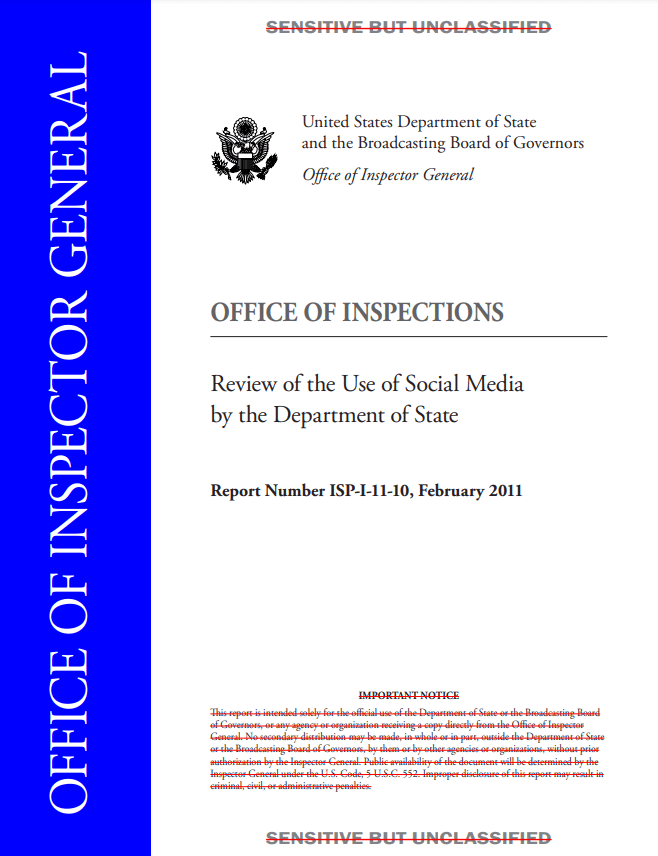
Review of the Use of Social Media by the Department of State
The Department of State's use of social media is reviewed for its effectiveness and potential improvements in engaging with the public and promoting U.S. foreign policy.
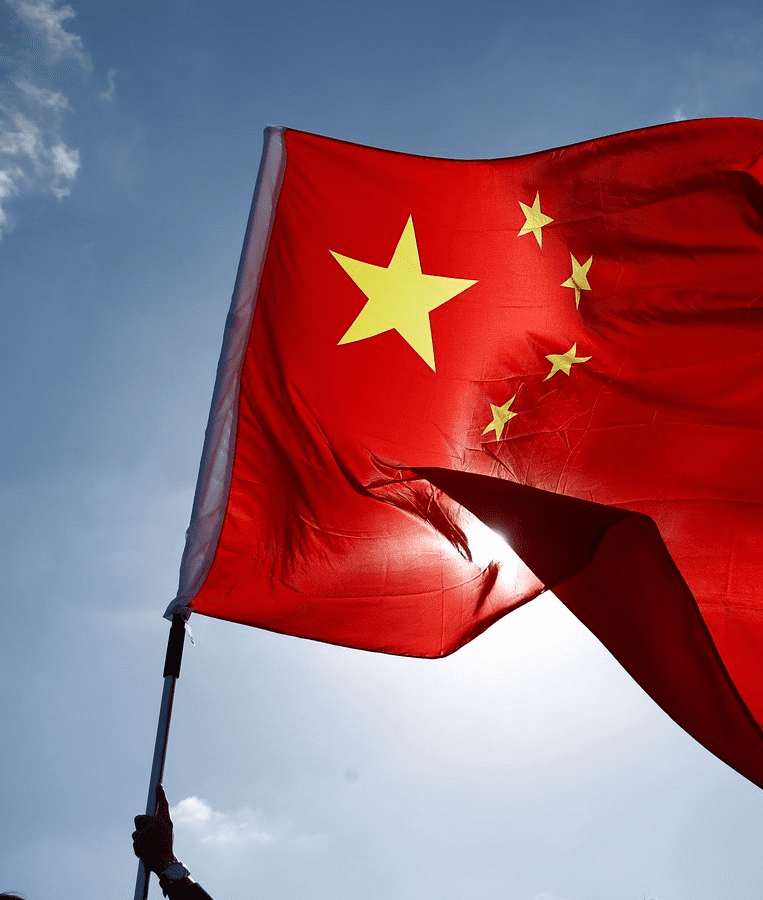
China’s Soft Power in the Information Age: Think Again
This essay provides a comprehensive analysis of the Chinese public diplomacy in the digital era.
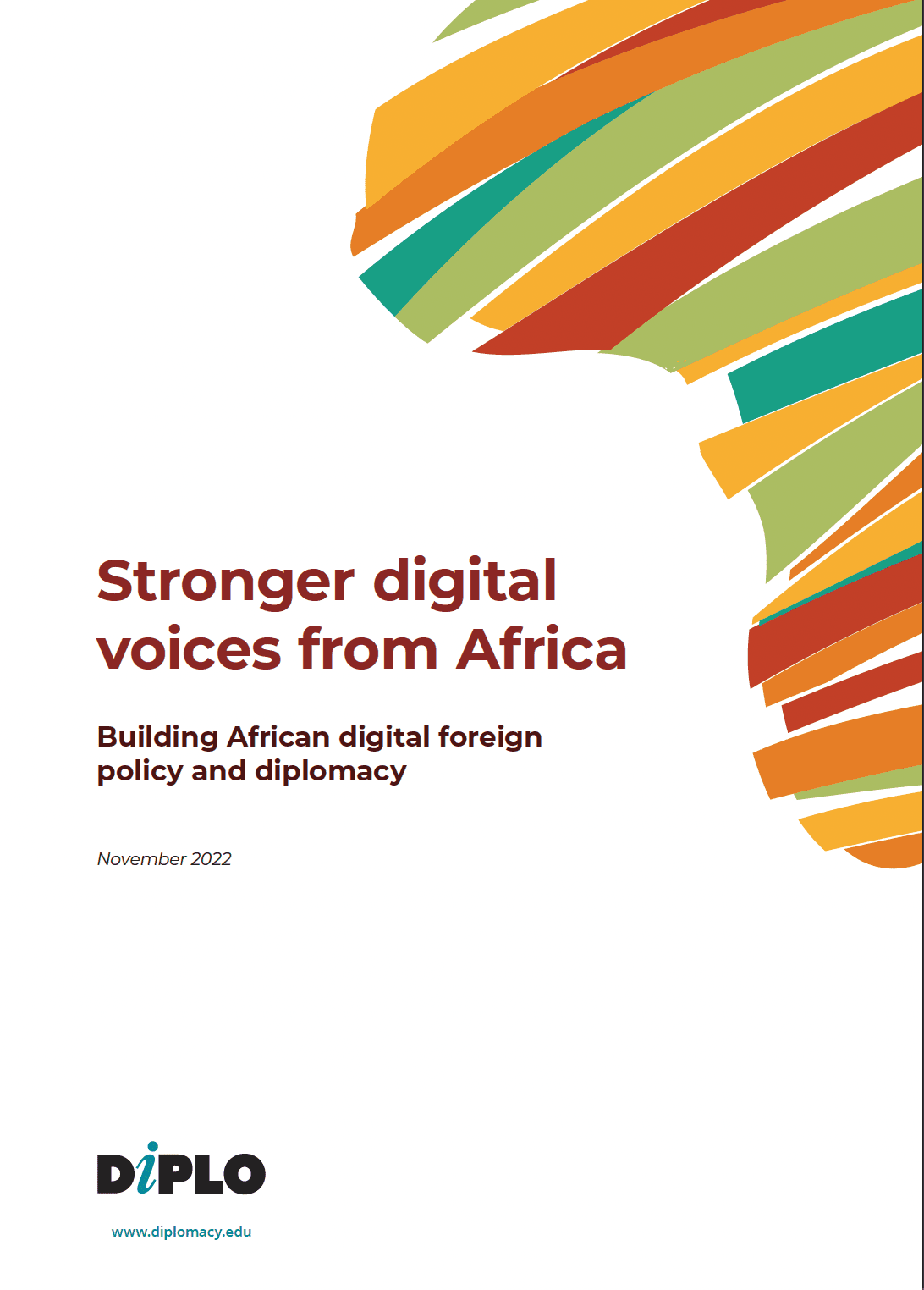
Stronger digital voices from Africa: Building African digital foreign policy and diplomacy
As Africa’s digital dynamism grows, its participation in global digital policy must increase. In this
transition, African countries have to navigate the geopolitical realities of our times.
The report is also available in French.
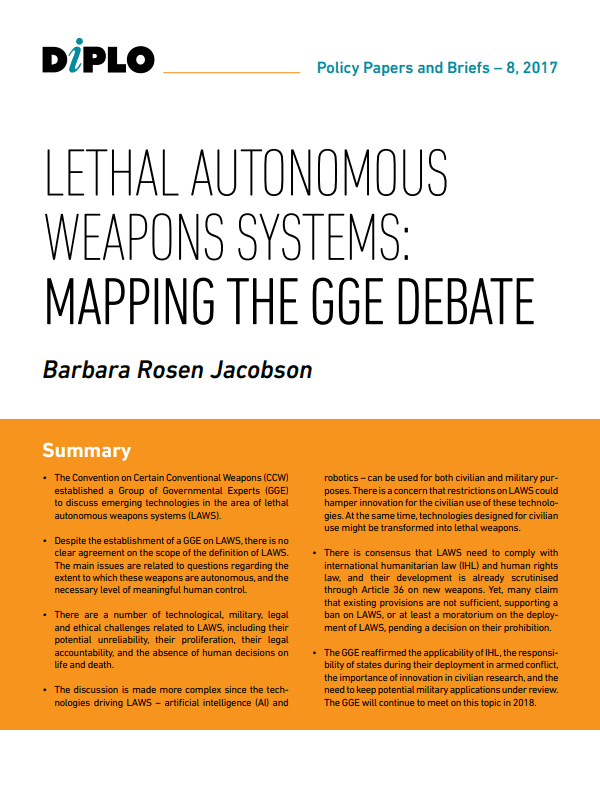
Lethal Autonomous Weapons Systems: Mapping the GGE Debate (Briefing Paper #8)
The paper discusses the ongoing debate in the Group of Governmental Experts (GGE) on Lethal Autonomous Weapons Systems (LAWS) and the varying perspectives on the need for regulation and control of these weapons.
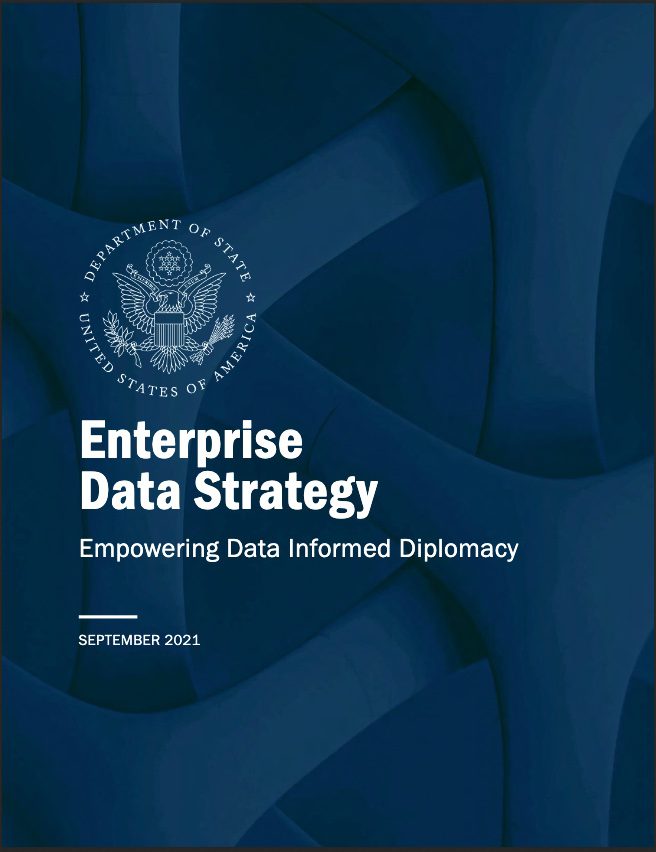
Enterprise Data Strategy: Empowering Data Informed Diplomacy (U.S. State Departement)
The Enterprise Data Strategy (EDS) aims to ensure that State Department’s workforce is equipped with the timely and relevant data necessary to make informed management decisions.

Twitter and Diplomacy: How Social Networking is Changing Foreign Policy
The article discusses the impact of social networking, particularly Twitter, on foreign policy and diplomacy, highlighting how governments and leaders are using these platforms to engage with each other and the public in real-time, influencing international relations. Diplomacy is evolving through social media, shaping public opinion and enabling direct communication between officials and citizens.
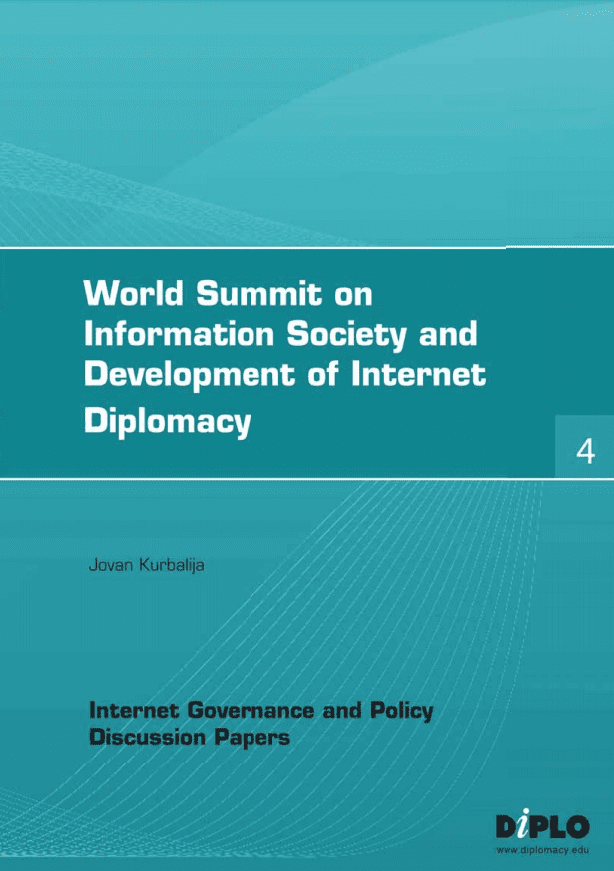
World Summit on the Information Society and development of Internet diplomacy
The purpose of this paper is to identify new developments and innovations in diplomatic practice resultant from the WSIS and WGIG. First, the author describes the overall WSIS framework and specific aspects of the WGIG. Second, he identifies the new developments and innovation in diplomatic practice that are likely of lasting importance. The author does so by comparing WSIS diplomatic practice to the practices developed during other major UN summits held since the Rio Earth Summit in 1992.

Digital Diplomacy as a foreign policy statecraft to achieving regional cooperation and integration in the Polynesian Leaders Group
Established in 2011, the Polynesian Leaders Groups serves to fulfill a vision of cooperation, strengthening integration on issues pertinent to the region and to the future of the PLG. Its nine – American Samoa, French Polynesia, Niue, Cook Islands, Tokelau, Tuvalu, Tonga and Wallis Futuna, is argued to have strength in numbers, resources and diversity, and a positive addition to the growing regional diplomacies in the South Pacific.
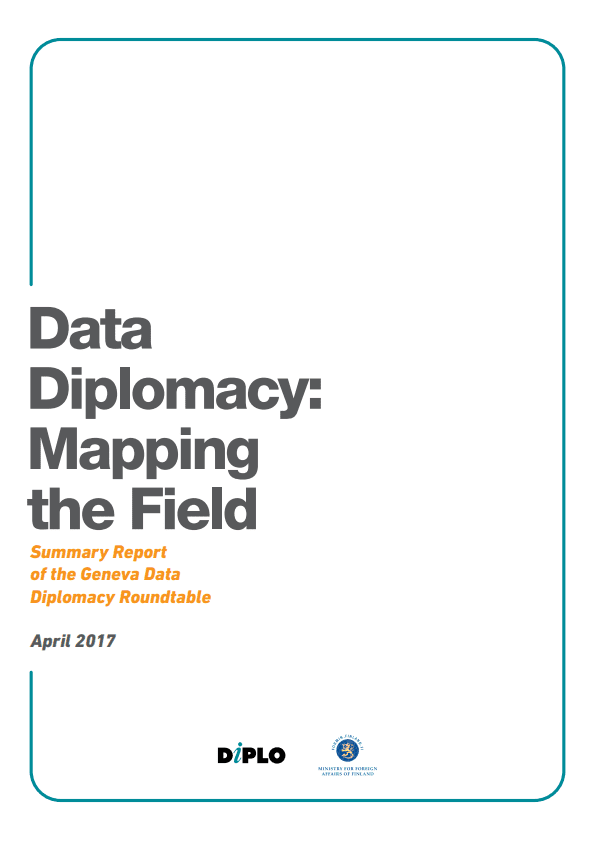
Data Diplomacy: Mapping the Field
The adoption of open data policies and the standardization of data collection were among the recommendations made during DiploFoundation's Data Diplomacy Roundtable: Mapping the Field, a brainstorming event that took place on 5 April 2017 – on the role of (big) data in international affairs and diplomacy.
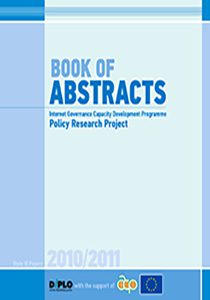
Book of Abstracts (Internet Governance)
This collection of abstracts comes from from research projects conducted during the 2010/2011 Internet Governance Capacity Building Programme (IGCBP).
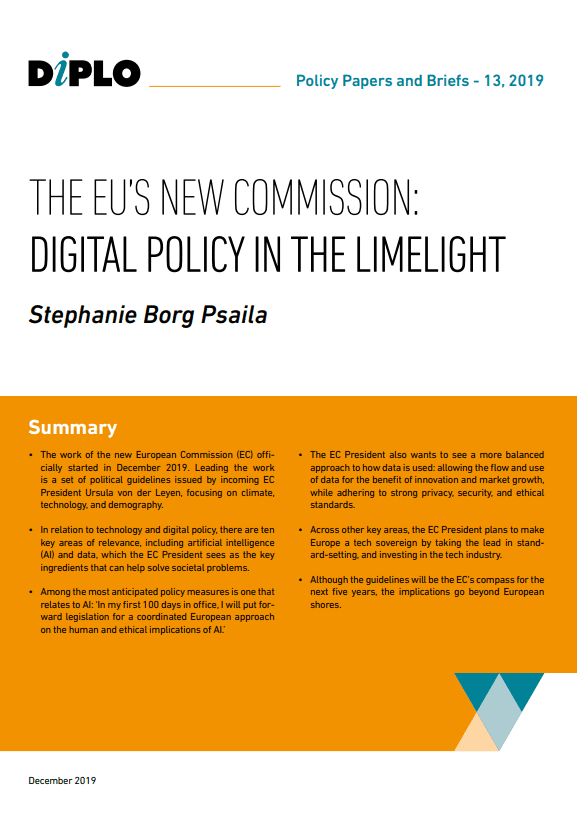
The EU’s New Commission: Digital Policy in the Limelight (Briefing Paper #13)
In this briefing paper, Dr Stephanie Borg Psaila analyses Ursula von der Leyen's new EU Commission's emphasis on digital policy for 2019–2024.

From Harmonising Cyberpolicies to Promoting Twiplomacy: How Diplomacy Can Strengthen Asia-Europe’s Digital Connectivity
This text was published in the ASEF Outlook Report 2016/2017.

The role of knowledge in the cyber-age of globalisation
In his paper, Richard Falk reflects on the application of information technology on diplomacy, and discusses the challenge of converting information technology to ‘knowledge technology’, and subsequently to ‘wisdom technology’. Yet, the ‘crossroads in human experience’ brings many challenges and dangers which the author analyses.

The Internet and diplomats of the 20th century
The Internet and diplomats of the twenty century: how new information technologies affect the ordinary work of diplomats.

The use of Information and Communications Technology (ICTs) in human rights promotion: A case study of the African Commission on Human and Peoples’ Rights
The employment of ICT tools as a weapon of choice at the African Commission on Human and Peoples' Rights, an organ established within the African Union with a broad mandate of spearheading human rights promotion on the African Continent has not been emphasised as a crucial element in the struggle towards achieving human rights promotion and protection on the African continent, with the resulting consequence that the Commission is not as visible and known to the people that it is supposed to serve.
E-diplomacy and Diplomatic Law in the Internet Era
Peacetime Regime for State Activities in Cyberspace (ed by Katharine Ziolkowski) covers in a multi-disciplinary approach the technical, legal, policy and diplomacy aspects of State activities in cyberspace during peacetime. It consists of 23 chapters of academic nature, elaborated by 24 authors specialised in the respective areas of expertise. Diplo's Dr Jovan Kurbalija contributed this chapter on E-diplomacy and Diplomatic Law in the Internet Era.

The Role of Information and Communication Technologies in Diplomacy and Diplomatic Service
Rapid development of information and communication technologies (ICT) has lead to significant changes in social, economical and political relations of the modern society.

Don’t close foreign embassies, open digital ones
Don't close foreign embassies, open digital ones.

Intergovernmental organisations sharing and linking open and real-time data for inclusive governance
The rapid rise of the Internet has encouraged the use of open, real-time, and linked data to help understand and improve development processes.The advancement of data use for development without an Internet governance framework, however, raises the importance of inclusion of the most marginalized, as well as privacy and security. This paper will examine such issues, as well as the role inter-governmental organisations can play in helping to encourage the use of data while supporting the protection of privacy and security.

Humanitarian public diplomacy: International calls to action in the digital era
This dissertation examines IOs (IOs) as emerging stars in the constellation of diplomatic actors, as extra-state and supra-state entities that do not replace, but rather complement, align with and encourage states. Specifically focusing on humanitarian - those attentive to the needs of people - international organisations, the paper explores their use of calls to action as a public diplomacy tool that both activates the public and reflects the needs and desires of individuals and their communities, translated to policy context. Calls to action should be strategic, well-researched, authoritive,...
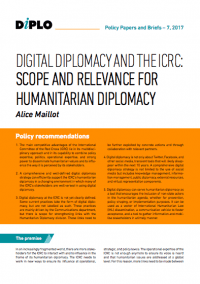
Digital Diplomacy and the ICRC (Briefing Paper #7)
In this briefing paper, Ms Alice Maillot discusses the potential of digital diplomacy for the International Committee of the Red Cross (ICRC). She looks at the changing nature of diplomacy, new developments in digital diplomacy, and how the ICRC can implement and adopt some of the current trends.
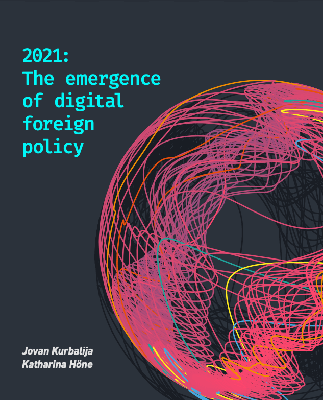
2021: The emergence of digital foreign policy
While digital tools, in particular social media, have been gradually introduced to the practice of diplomacy, many open questions remain regarding the impact of digitisation on foreign policy and the environment in which diplomacy is practised. This is where digital foreign policy becomes important. The report is available for download. The summary and recordings of the online conference 2021: The emergence of digital foreign policy are also available.

Twiplomacy Study 2015
The Twiplomacy Study 2015 analyzed the Twitter accounts of 669 heads of state and government, revealing that 86 percent have a presence on the platform. With a combined total of over 300 million followers, these leaders use Twitter for diplomatic relations and communication with citizens and other world leaders. Key findings include the most followed leaders, the most interactive accounts, and the most effective tweets. Twitter is considered an essential tool for modern diplomacy, allowing leaders to connect directly with citizens and shape public opinion on a global scale.

Tech Diplomacy: Actors, Trends, and Controversies
In today’s world, tech diplomacy bridges governments and tech companies, focusing on governance, policy, and cooperation in digital technologies and AI. This publication examines its definition, relevance, key actors, methods, and global hubs. It builds on prior reports and highlights Denmark’s pioneering efforts in establishing a dedicated tech diplomacy policy.
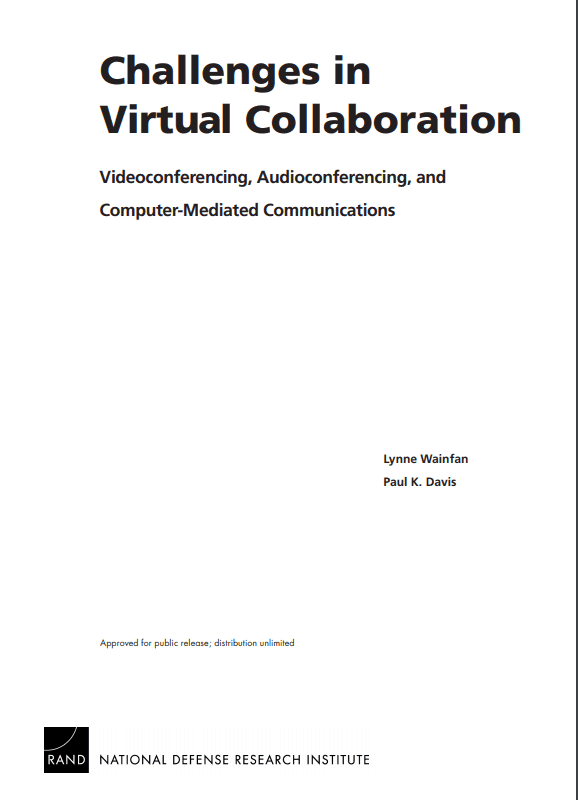
Challenges in Virtual Collaboration: Videoconferencing, Audioconferencing and Computer Mediated Communications
This report was developed as part of a larger project on aids to highlevel national-security decisionmaking. It discusses the effects of the medium of collaboration (face-to-face, videoconferencing, audioconferencing, or computer-mediated conferencing) on group processes and outcomes.
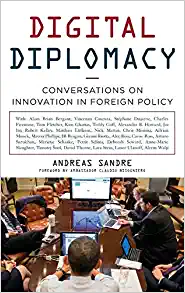
Digital diplomacy: Conversations on Innovations in Foreign Policy
The text discusses the role of digital diplomacy in shaping innovative foreign policy strategies.

Digital Opportunities for All: Meeting the Challenge
The text is about embracing digital opportunities to overcome challenges and ensure access for all.
Mapping e-Diplomacy
This list of themes and topics is an attempt to map the field of e-diplomacy. It is work in progress, and all comments welcomed.

Cybersecurity in the Republic of Fiji
This paper discusses cybersecurity in Fiji and offers recommendations to challenges such as the vulnerability of systems due to lack of a cybersecurity framework. The poorly framed laws and lack of appropriate policies.
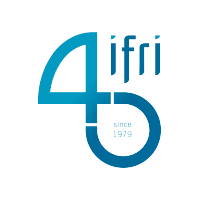
Hands on digital diplomacy
The text "Hands on digital diplomacy" suggests a practical approach to engaging in diplomatic efforts using digital tools and platforms.

Diplomacy and Secret Service
Intelligence officers working under diplomatic protection are rarely out of the news for long, and the last two years have been no exception. How did the relationship between diplomacy and secret intelligence come about? What was the impact on it of the bureaucratization of secret intelligence that began in the late nineteenth century? Is diplomatic immunity the only reason why intelligence officers still cluster in embassies and consulates today? What do their diplomatic landlords think about their secret tenants and how do the spooks repay the ambassadors for their lodgings? These are among ...
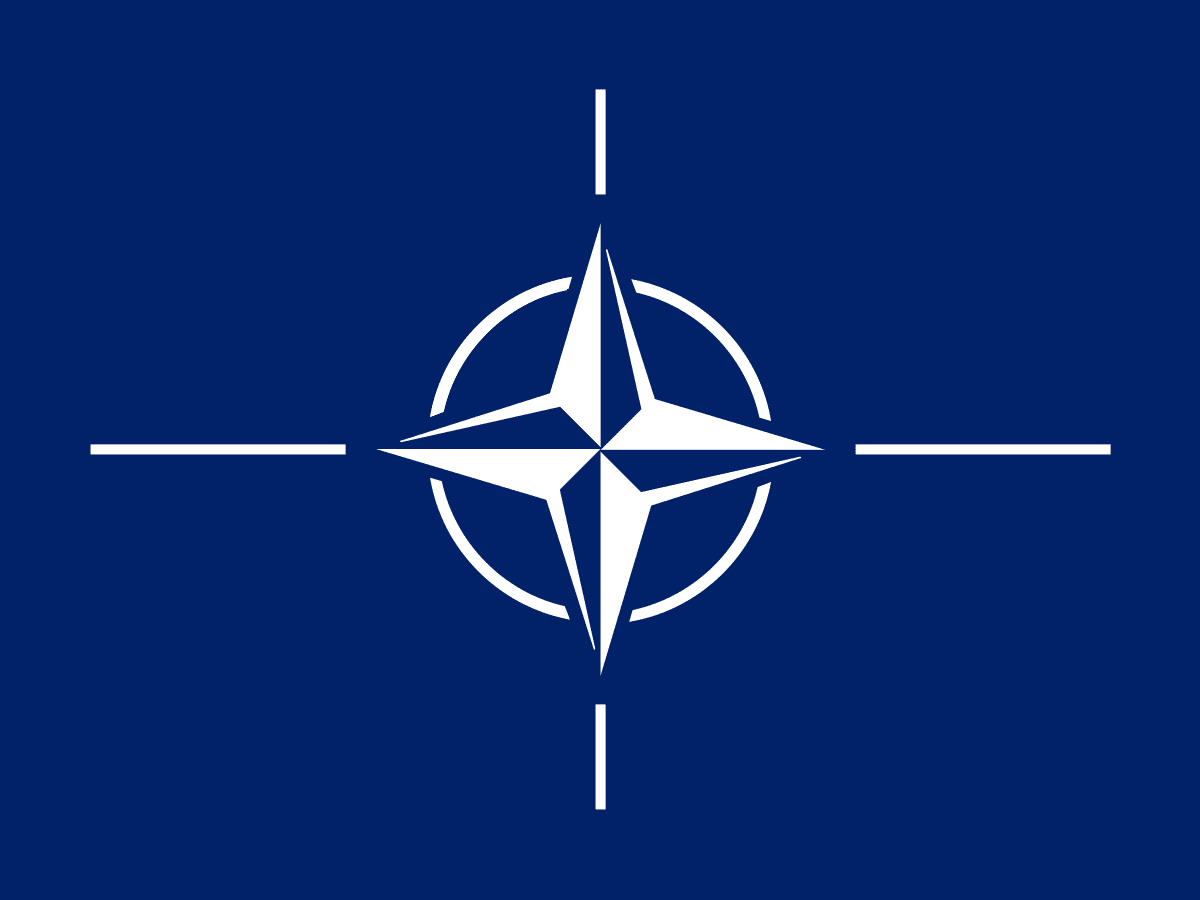
New threats: the cyber-dimension
The text discusses emerging cyber threats and the need for increased cybersecurity measures to address these new challenges.

Internet governance (IG) as a diplomatic priority
This dissertation demonstrates that IG is a significant, emerging diplomatic process that should be studied and addressed seriously by diplomats to prepare them to manage the implications it has for future impact on global governance of the Internet.
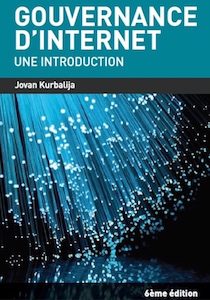
Une introduction à la gouvernance d’Internet
La gouvernance d’Internet n’est pas un sujet simple. Bien qu’elle traite d’une notion qui se veut être un symbole représentatif majeur du monde numérique, elle ne peut pas être abordée avec une simple logique numérique binaire qui ne reconnait que le vrai et le faux, le bon et le mauvais.

Connectivity and networks rule: Virtuality, public diplomacy and the foreign ministry
The text discusses the impact of connectivity and networks on public diplomacy and foreign ministries, emphasizing the importance of virtual communication in today's world.

EU’s Council Conclusions on digital diplomacy
EU's Council Conclusions on Digital Diplomacy introduce a holistic approach including cybersecurity, standardisation, human rights, and other digital topics. There is also a prominent link between green and digital/cyber diplomacy.

Broadening the diplomatic bandwidth
‘I believe whistle-blowing websites have a greater role to play in the future of the humankind. These are a few of the issues that I became aware of through DiploFoundation, on whose blogosphere these issues continue to be debated.’ - Felix Samakande from Zimbabwe
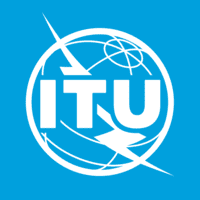
Measuring the Information Society Report 2015
The Measuring the Information Society Report 2015 provides insights into trends related to information and communication technologies globally.
The latest from Diplo and GIP
Tailor your subscription to your interests, from updates on the dynamic world of digital diplomacy to the latest trends in AI.
Subscribe to more Diplo and Geneva Internet Platform newsletters!
Diplo: Effective and inclusive diplomacy
Diplo is a non-profit foundation established by the governments of Malta and Switzerland. Diplo works to increase the role of small and developing states, and to improve global governance and international policy development.


